Livestock Management
32 posts
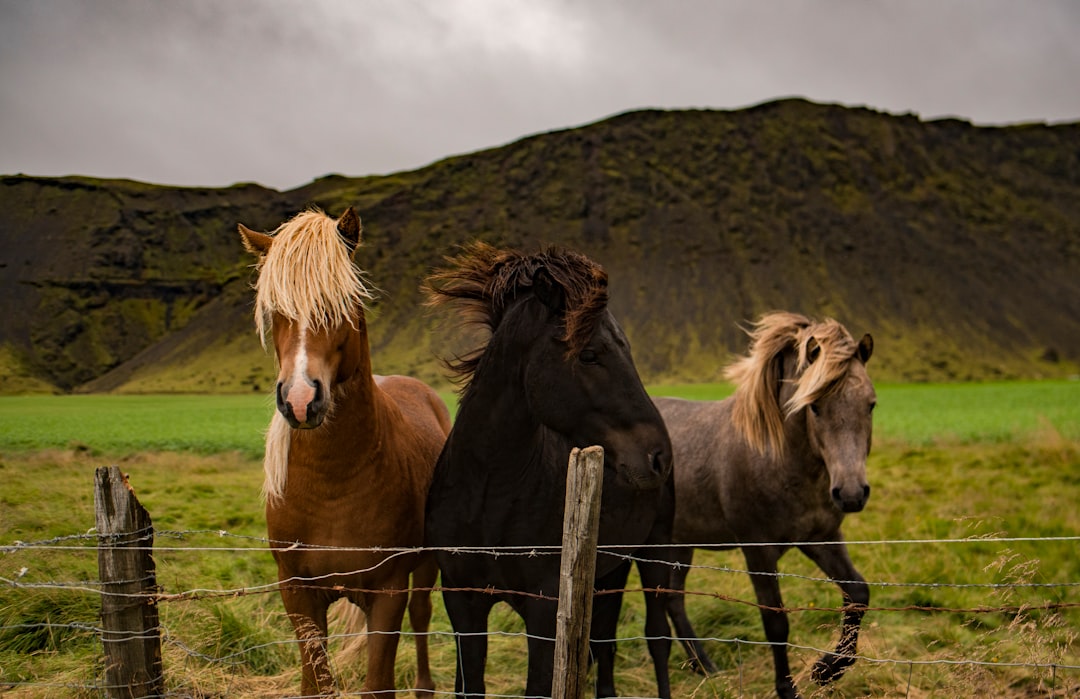
Holistic Livestock Management: Balancing Animal Welfare, Environmental Impact, and Productivity
In today’s agricultural landscape, the concept of livestock management is evolving. No longer is the focus solely on maximizing production; there is now growing recognition that sustainable farming must also …
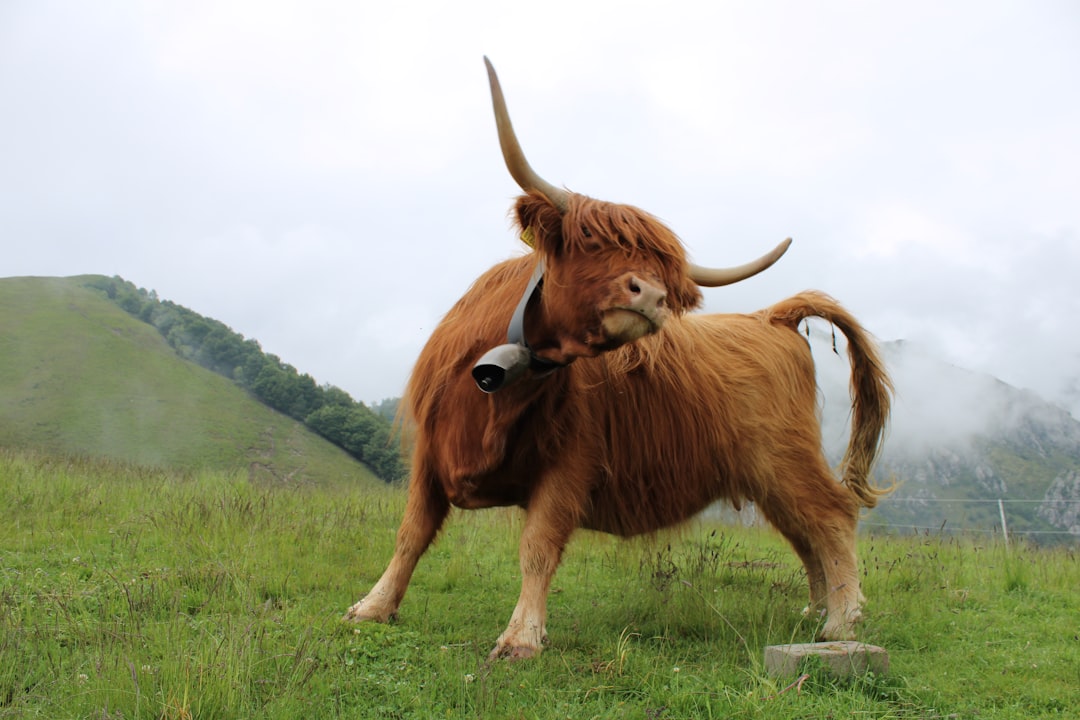
Understanding Body Condition Scoring for Assessing Livestock Health and Nutritional Status
Body condition scoring (BCS) is a valuable tool for assessing the health and nutritional status of livestock, particularly in cattle and other ruminants. This method involves evaluating the amount of …
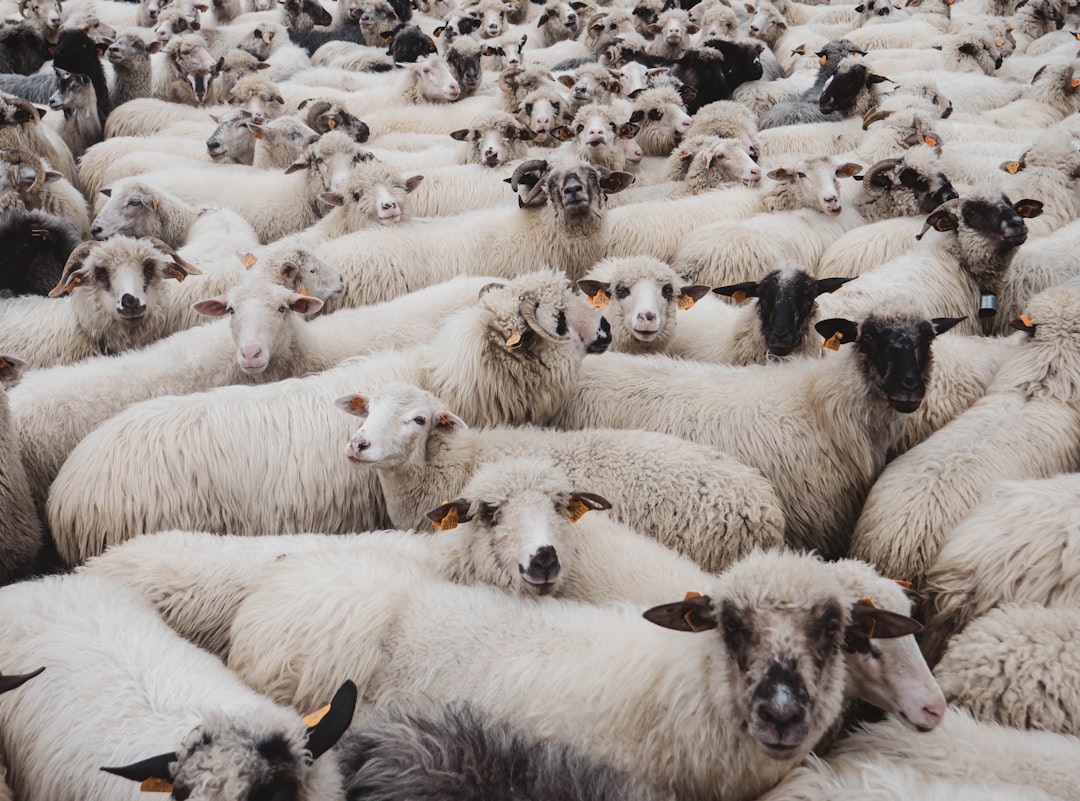
Preparing Your Livestock for Different Seasons and Weather Conditions
Preparing livestock for seasonal changes and extreme weather conditions is crucial for maintaining their health, productivity, and overall well-being. Each season presents unique challenges, from heat stress in summer to …

Building and Maintaining Fences and Infrastructure for Livestock
Building and maintaining fences and infrastructure are critical components of livestock management, ensuring the safety and well-being of both animals and handlers. A well-designed and properly maintained fencing system not …

Safe and Efficient Livestock Handling Techniques
Safe and efficient livestock handling is crucial for maintaining animal welfare, reducing stress, and ensuring the safety of handlers. Effective handling techniques not only improve productivity but also contribute to …

Effective Record-Keeping for Livestock Management: Tracking Performance and Identifying Issues
Effective record-keeping is the backbone of successful livestock management, enabling farmers to track performance, identify potential issues early, and make informed decisions to optimize their operations. In this blog post, …
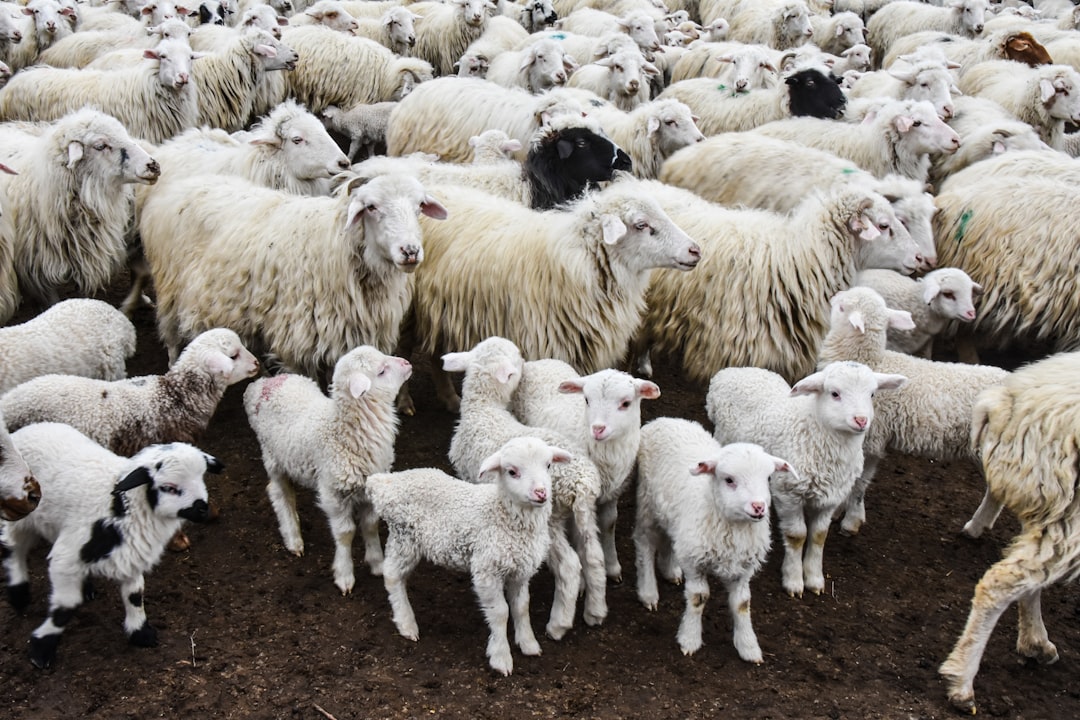
Developing a Comprehensive Herd Health Plan for Your Livestock
A comprehensive herd health plan is essential for maintaining the health and productivity of your livestock. This plan involves a holistic approach to disease prevention, early detection, and treatment, ensuring …
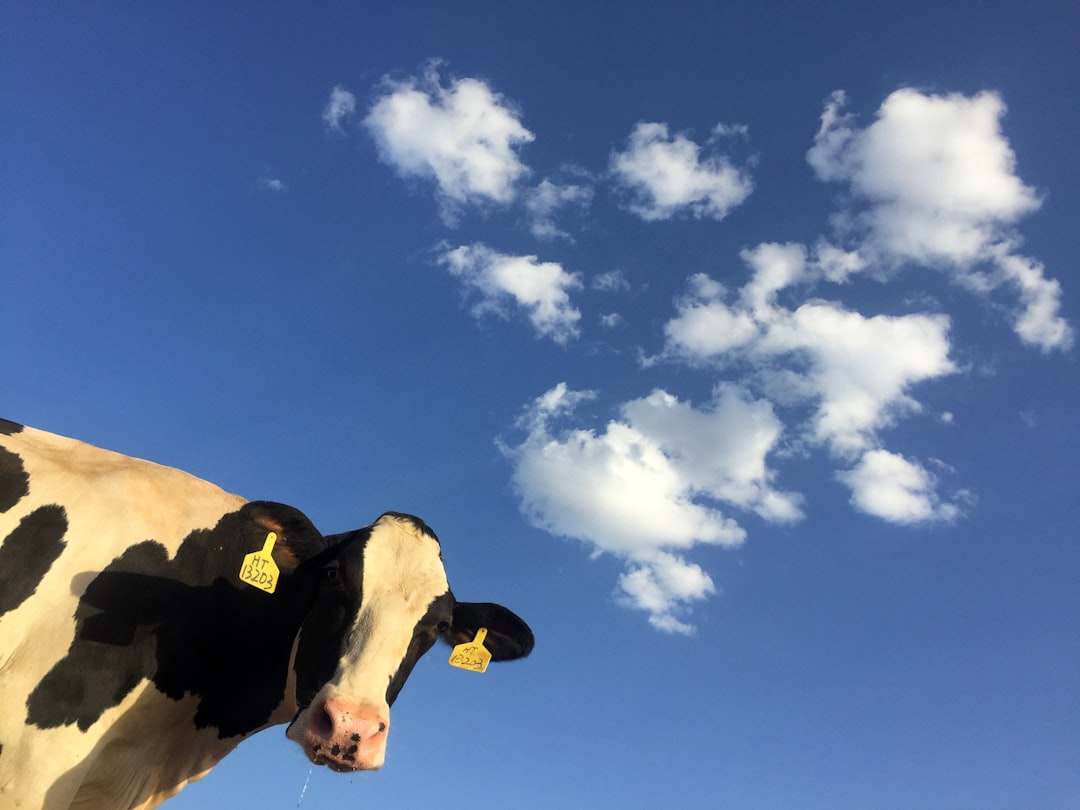
The Role of Livestock in Food Security and Poverty Alleviation in Different Regions
Livestock plays a vital role in food security and poverty alleviation across various regions, particularly in developing countries. By providing essential nutrients, income opportunities, and contributing to sustainable agricultural practices, …
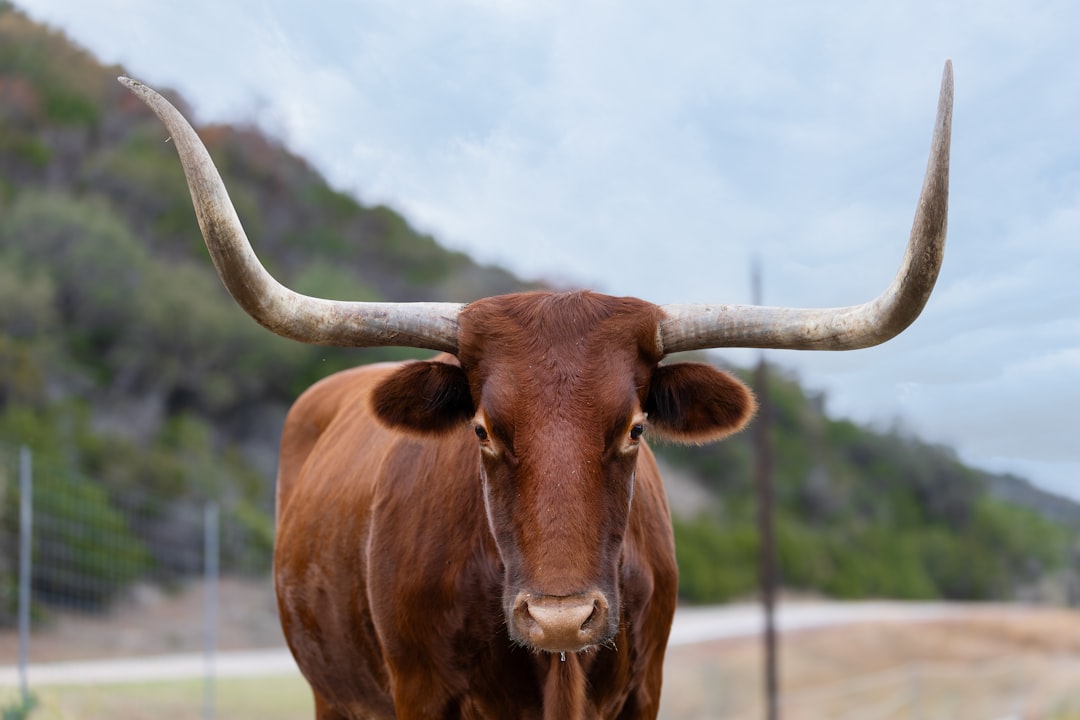
Access to Markets and Infrastructure for Livestock Farmers in Developing Countries
Access to markets and infrastructure is crucial for livestock farmers in developing countries, as it directly impacts their ability to sell products, generate income, and improve livelihoods. However, many small-scale …

Predator Management for Livestock: Balancing Conservation and Protection
Predator management is a critical aspect of livestock farming, requiring a delicate balance between protecting livestock and conserving wildlife. Effective management involves understanding the complex interactions between predators, livestock, and …
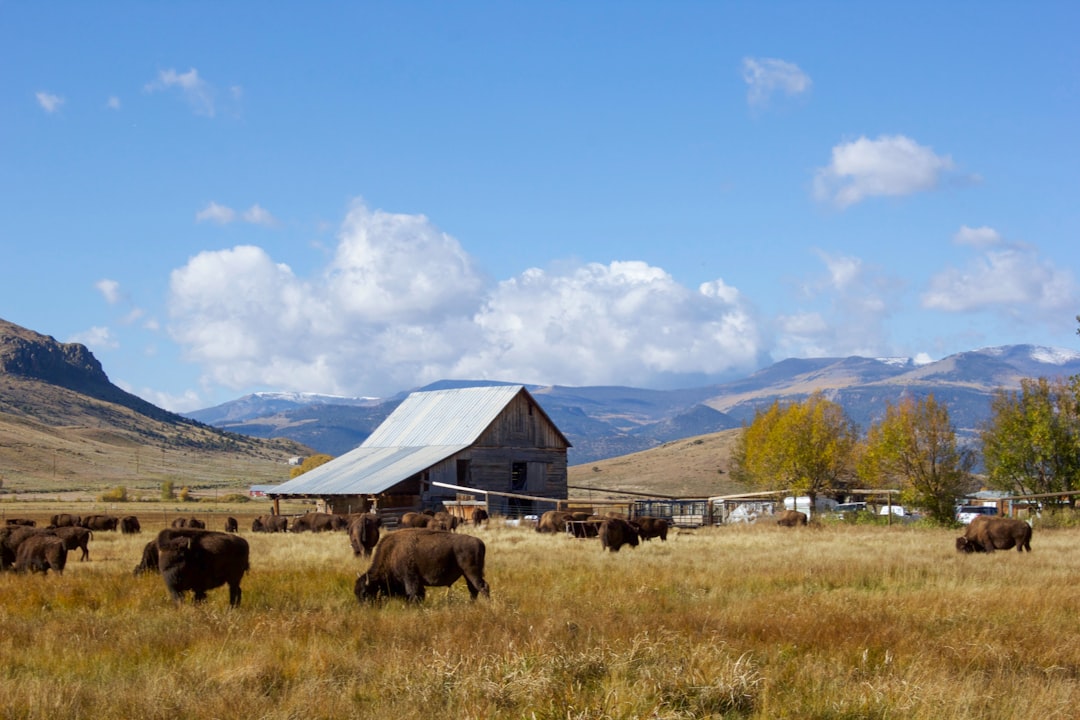
The Impact of Climate Change on Livestock Production and Adaptation Strategies
Climate change is profoundly affecting livestock production worldwide, presenting significant challenges such as heat stress and drought. These environmental shifts impact animal health, productivity, and overall farm profitability. In this …
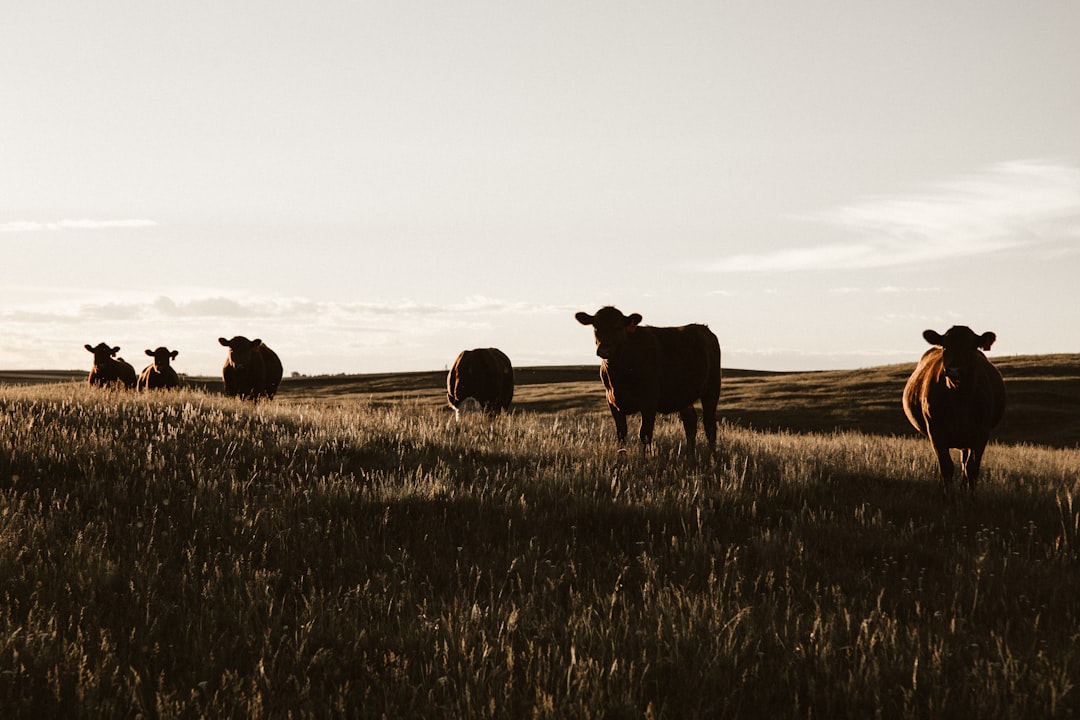
Managing Parasites in Livestock: Integrated Approaches for Different Regions
Parasite management is a critical aspect of livestock farming, impacting animal health, productivity, and overall farm profitability. As the global livestock industry faces challenges such as anthelmintic resistance and environmental …
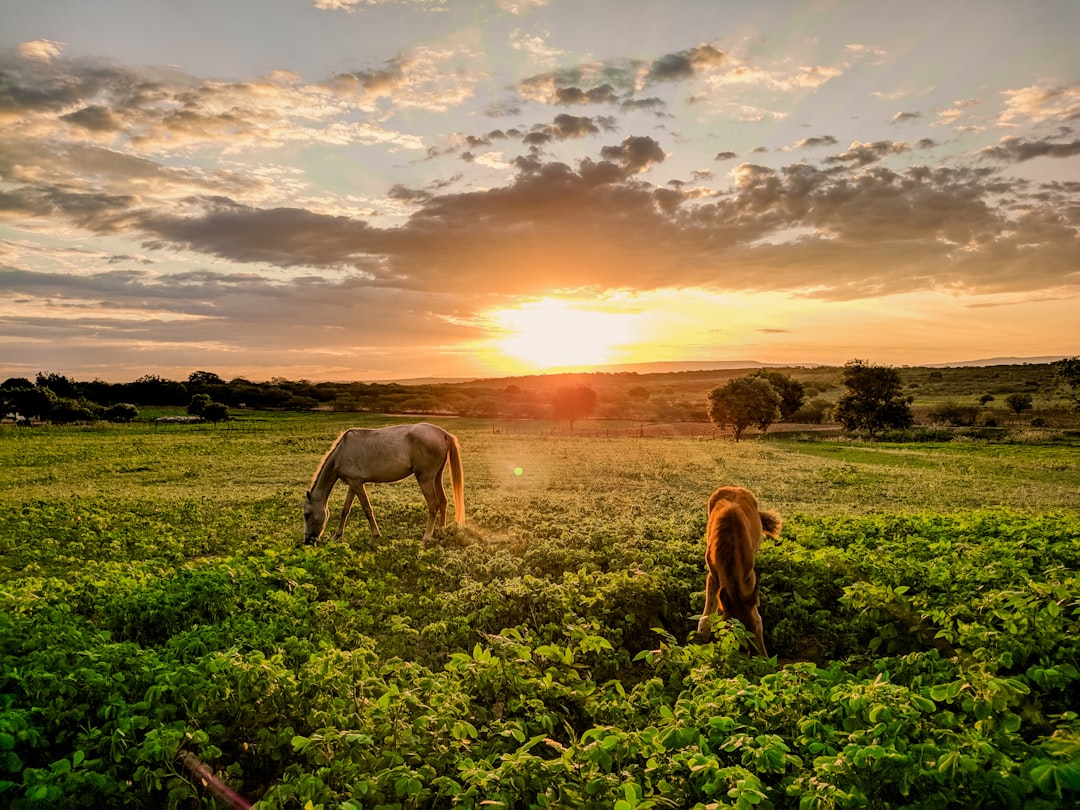
Disease Prevention and Control in Livestock: Global Efforts and Best Practices
Disease prevention and control are critical components of livestock management, impacting not only animal health but also global food security and economic stability. Major livestock diseases can have devastating effects …
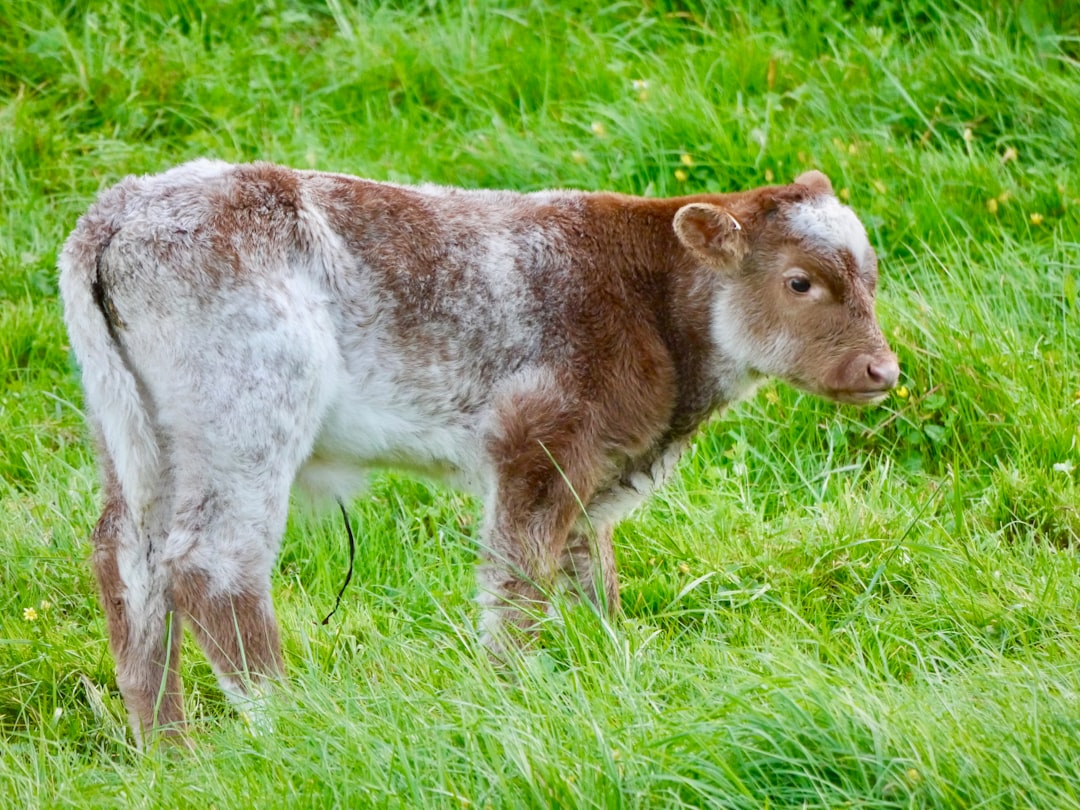
Precision Livestock Farming: Using Technology to Monitor and Manage Animal Health and Performance
Precision livestock farming is revolutionizing the way farmers manage animal health and performance by leveraging advanced technologies such as sensors, data analytics, and machine learning. This approach enables farmers to …
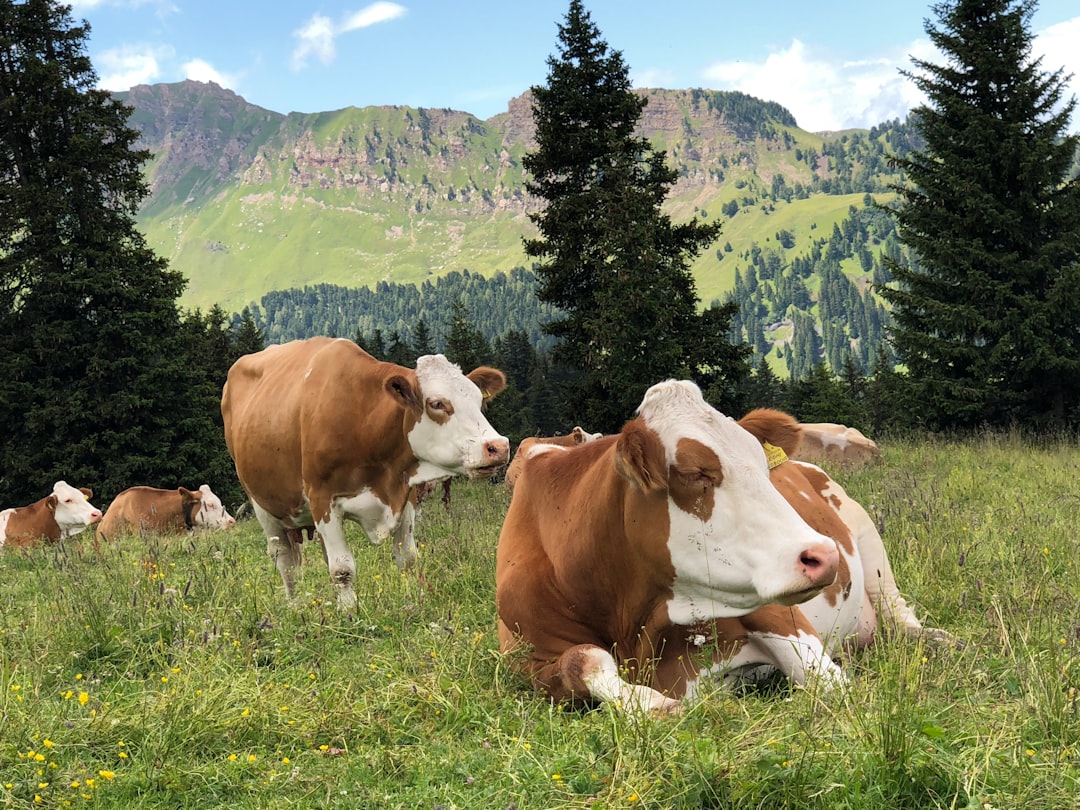
Reducing the Environmental Impact of Livestock Farming: Strategies for a More Sustainable Future
Livestock farming plays a significant role in global food production, but it also has substantial environmental impacts, including methane emissions and manure management challenges. To mitigate these effects and ensure …
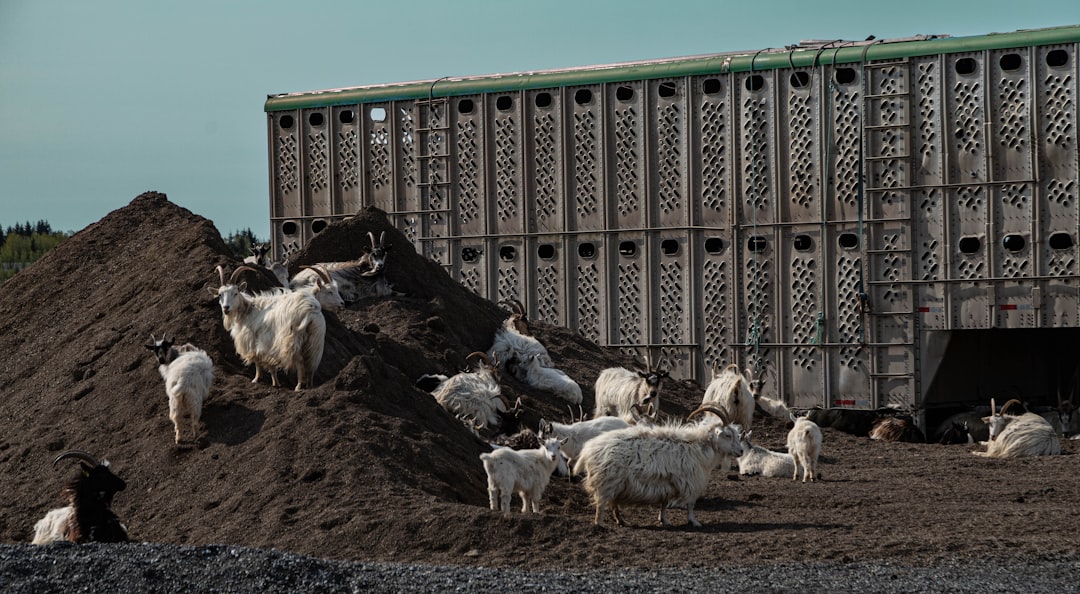
The Importance of Animal Welfare in Modern Livestock Management
Animal welfare is a critical component of modern livestock management, impacting not only the ethical treatment of animals but also farm productivity, consumer trust, and environmental sustainability. As consumer awareness …

Organic Livestock Farming: Principles and Practices for Healthier Animals and a Healthier Planet
Organic livestock farming is a holistic approach to agriculture that prioritizes animal welfare, environmental sustainability, and consumer health. This practice is guided by principles that emphasize naturalness, systems thinking, and …

Silvopasture: Integrating Trees and Livestock for Environmental and Economic Benefits
Silvopasture, an agroforestry practice that integrates trees, forage, and livestock, offers a multifaceted approach to sustainable agriculture. By combining these elements, farmers can enhance environmental health, improve animal welfare, and …
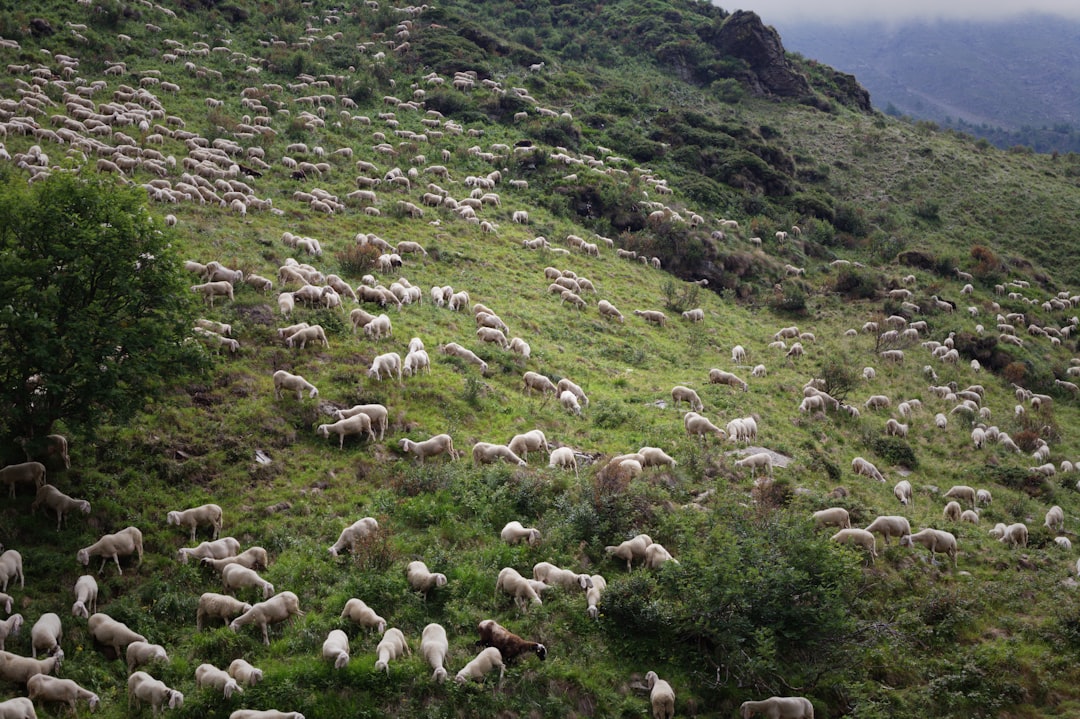
Rotational Grazing: Enhancing Pasture Health and Livestock Productivity
Rotational grazing is a powerful tool in modern agriculture, offering numerous benefits for both pasture health and livestock productivity. This practice involves dividing pastures into smaller paddocks and moving animals …
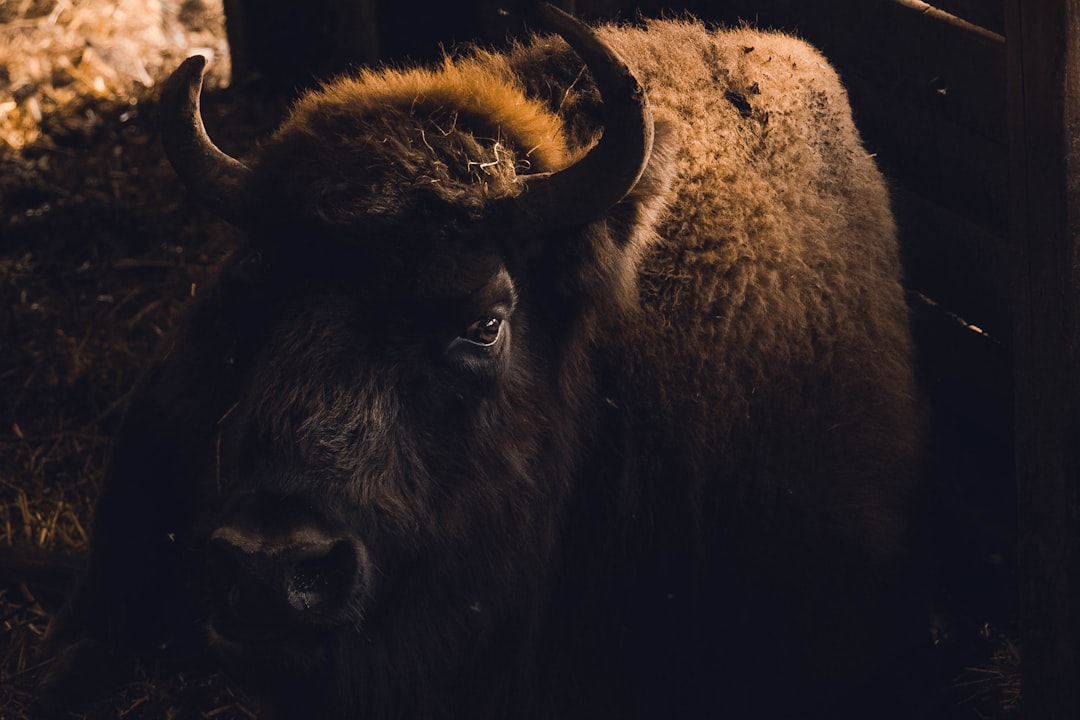
Emerging Livestock Species: Opportunities and Challenges in Raising Alpacas, Bison, and Ducks
The livestock industry is evolving, with emerging species offering new opportunities for farmers and consumers alike. Alpacas, bison, and ducks are among these emerging species, each presenting unique benefits and …

Equine Care and Management: Essential Practices for Horse Owners and Professionals
Caring for horses requires a comprehensive approach that encompasses feeding, hoof care, health management, and training principles. Whether you are a seasoned horse owner or a professional in the equine …
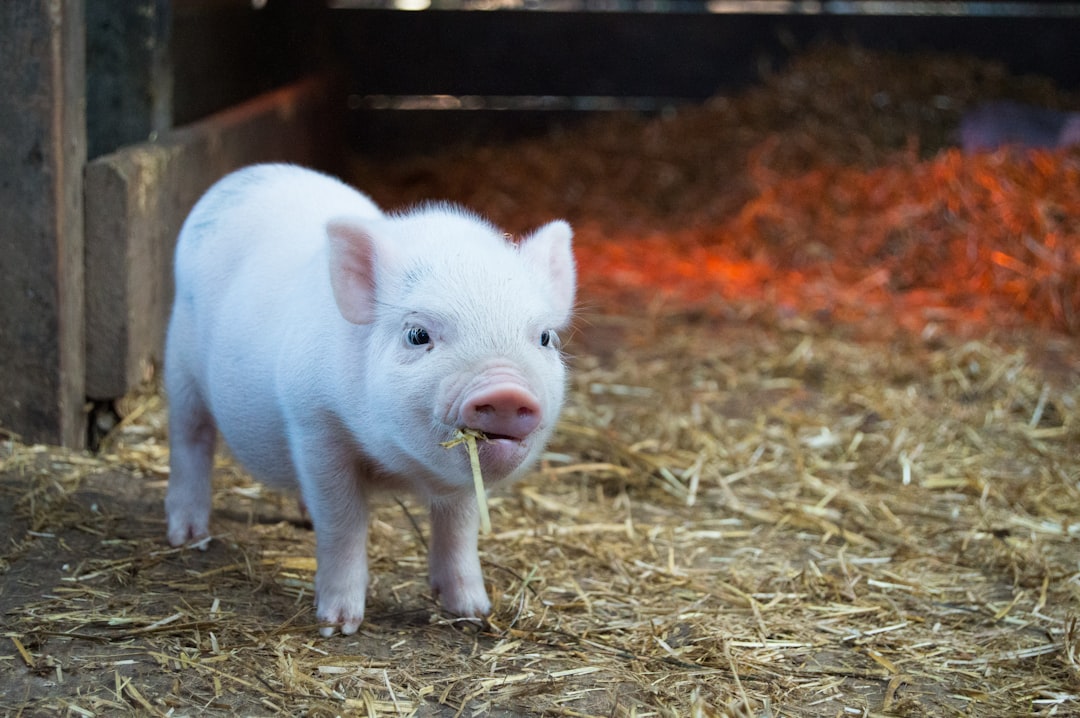
Sustainable Pig Farming: Balancing Productivity with Environmental Responsibility
Sustainable pig farming is a critical component of modern agriculture, requiring a delicate balance between productivity and environmental responsibility. As the global demand for pork continues to rise, innovative approaches …

Poultry Management for Meat and Eggs: Optimizing Health and Welfare in Different Systems
Poultry management, whether for meat or egg production, involves a range of practices designed to optimize bird health, welfare, and productivity. These practices vary from backyard chicken keeping to large-scale …
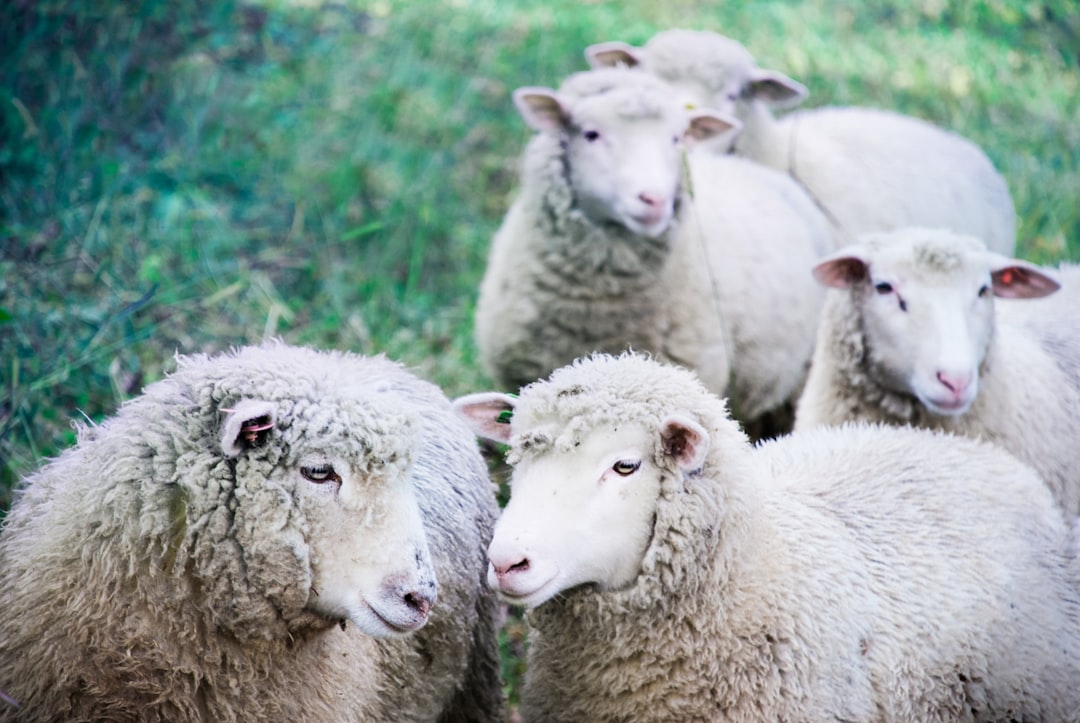
Successful Sheep and Goat Farming: From Pasture Management to Fiber Production
Sheep and goat farming offer rewarding opportunities for small-scale farmers, with both species providing valuable products such as meat, milk, and fiber. To succeed in this venture, it is essential …
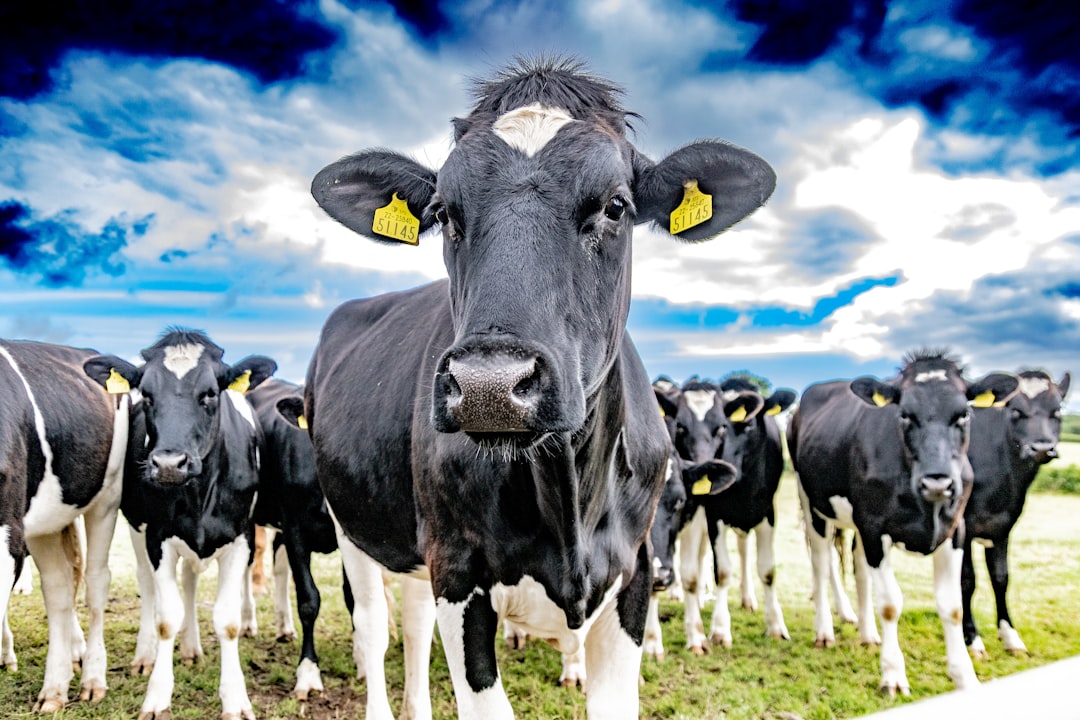
Best Practices for Raising Healthy and Productive Cattle (Beef and Dairy)
Raising healthy and productive cattle, whether for beef or dairy, requires careful consideration of various management techniques and grazing systems. These practices not only enhance animal welfare but also contribute …

Implementing Effective Biosecurity Measures on Your Farm to Prevent Disease Outbreaks
Biosecurity is a critical component of maintaining a healthy and productive farm. It involves a set of practices designed to prevent the introduction and spread of diseases among livestock. Effective …

Shelter and Housing for Livestock: Protecting Animals from the Elements and Predators
Providing adequate shelter and housing is crucial for protecting livestock from harsh weather conditions and predators, ensuring their health, welfare, and productivity. Different housing systems impact animals in various ways, …
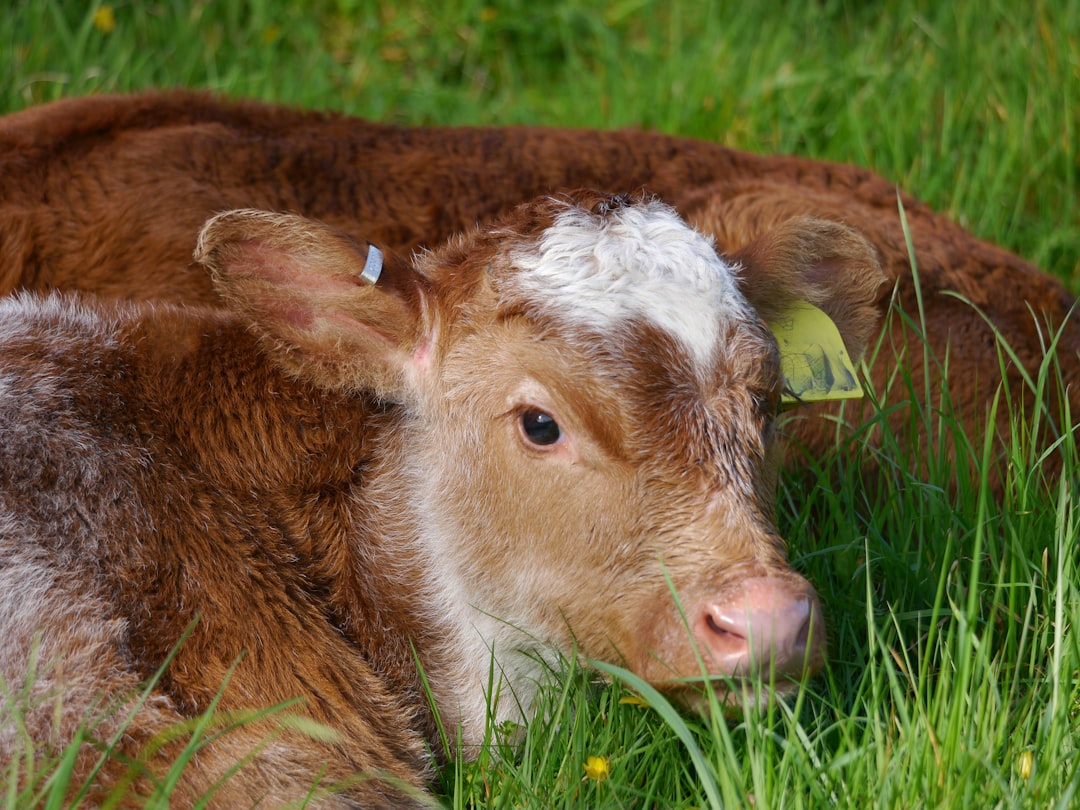
Water Management for Livestock: Ensuring Access to Clean and Sufficient Water
Water is the most critical nutrient for livestock, essential for maintaining their health, productivity, and overall well-being. Effective water management involves ensuring access to clean and sufficient water, managing water …
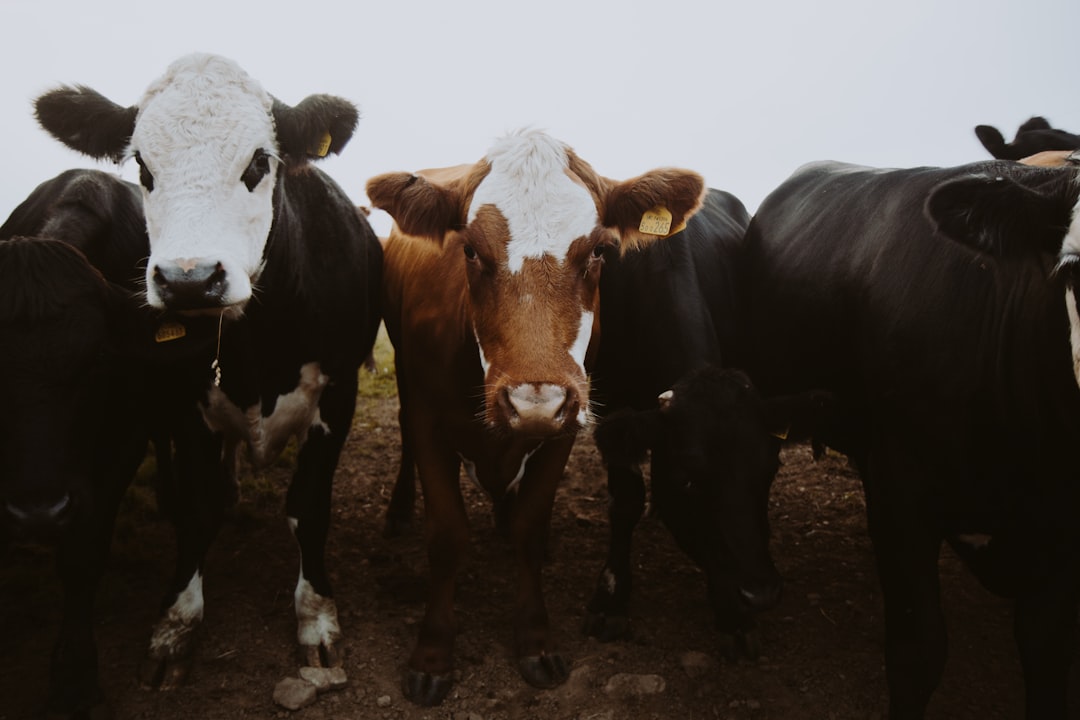
The Importance of Proper Nutrition for Livestock Health and Productivity
Proper nutrition is the foundation of maintaining healthy and productive livestock. It involves understanding the nutritional needs of different species, selecting appropriate feed types, and balancing rations to ensure optimal …
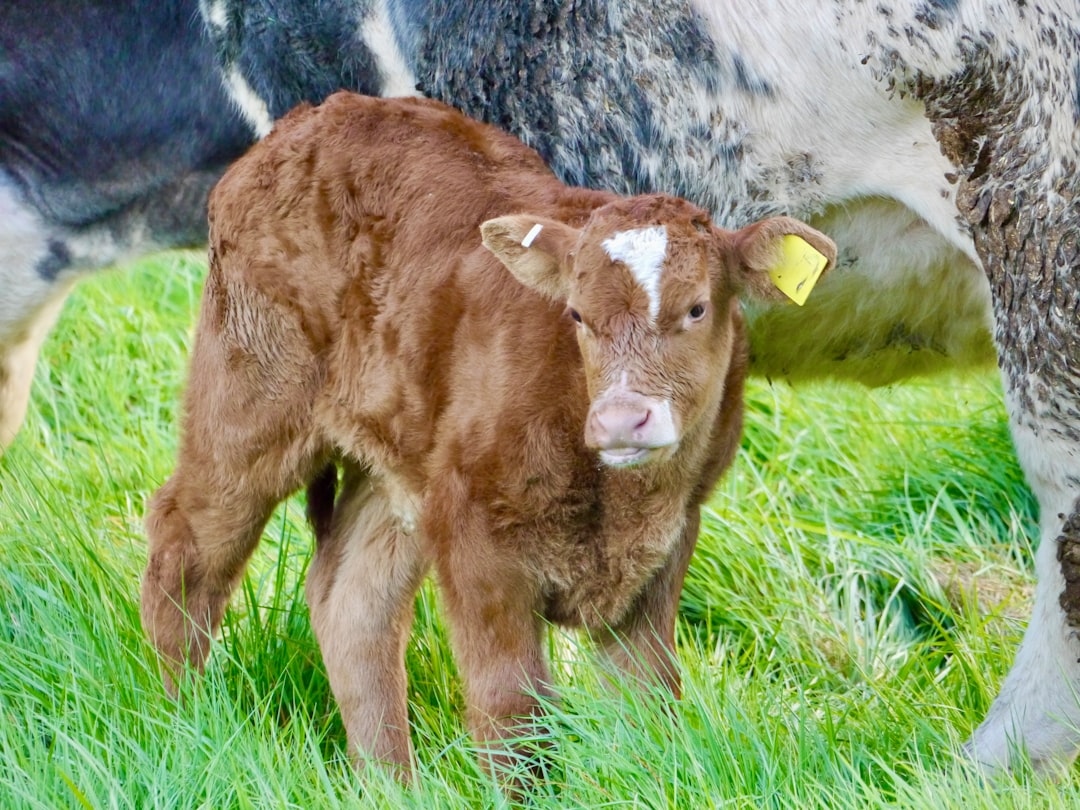
Understanding Animal Behavior: Key to Effective and Humane Livestock Handling
Understanding animal behavior is crucial for effective and humane livestock handling. Animals, whether domesticated or wild, are driven by a complex interplay of instincts, environmental stimuli, and learning experiences. By …

The Fundamentals of Animal Husbandry: Providing Optimal Care for Healthy Livestock
Animal husbandry is the cornerstone of successful livestock farming, encompassing the care, raising, and breeding of animals such as cattle, sheep, goats, pigs, and poultry. Ensuring that these animals receive …
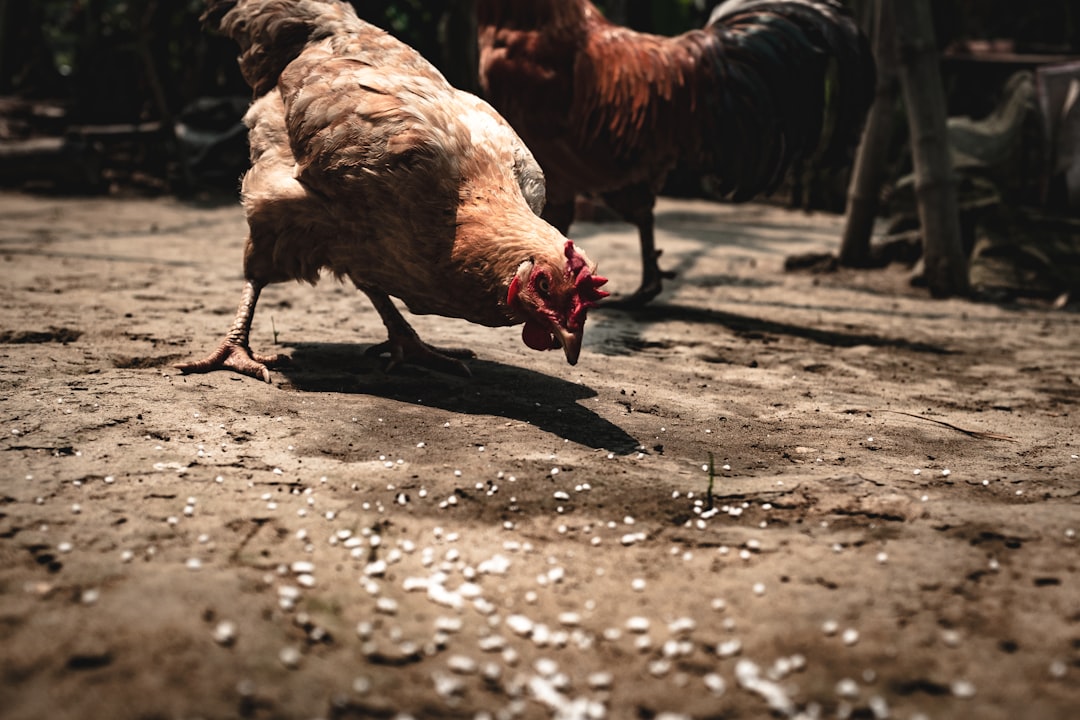
Sustainable Livestock Management: Balancing Production and Environmental Impact
Sustainable livestock management is crucial for balancing agricultural productivity with environmental stewardship. Practices like rotational grazing and agroforestry not only enhance livestock …